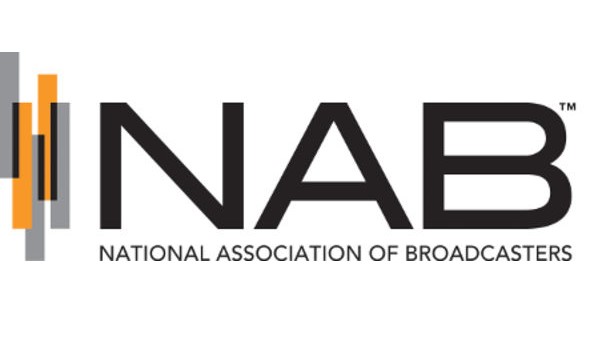NAB: READI Act, NextGen TV Can Boost Alerting Capabilities
Gordon Smith says new innovations will only grow broadcasters’ ability as viewers’ first source of info

WASHINGTON—When disaster strikes, the public has a reliable and resilient source of information in broadcasters, NAB President and CEO Gordon Smith tells members of Congress. But even so, the NAB fully supports efforts on the table to improve broadcasters’ emergency alert capabilities, including the READI Act and NextGen TV.
This all comes from a letter that Smith wrote to members of the House Subcommittee on Communications and Technology ahead of its Feb. 27 hearing, “Strengthening Communications Networks to Help Americans in Crisis.”
Smith details how radio and TV broadcasters, particularly on the local level, are often the first source of information for Americans “to stay safe during times of crisis.”
“Whether preparing listeners and viewers for the coming storm, directing them to needed supplies and shelter during disasters or helping rebuild in the aftermath, local stations are part of the communities they serve,” Smith wrote. “Consistent with legislation before your Subcommittee, broadcasting is sometimes the only available communications medium in an emergency when wireless and other networks fail.”
The legislation that Smith referred to is the Reliable Emergency Alert Distribution Improvement (READI) Act, which he says would improve the timeliness, accuracy and availability of emergency alerts.
Outside of legislation, Smith provided insight into how broadcasters are attempting to improve their emergency alert capabilities through new technologies, like NextGen TV, the new ATSC 3.0 standard expected to roll out to broadcasters throughout 2020.
“NextGen TV has many features that will improve emergency alerting and public safety, including the ability to wake up sleeping devices, deliver more precise geo-targeted alerts and send rich multimedia files such as weather radar images, evacuation maps and even video files with detailed explanations about the emergency and what to do.
Get the TV Tech Newsletter
The professional video industry's #1 source for news, trends and product and tech information. Sign up below.
“As broadcasters move to unleash the next generation of free broadcast television service, we welcome the opportunity to continue to work with this committee to ensure our audience and your constituents have the information that they need to stay safe during times of emergency,” Smith concluded.
Smith’s full letter to the subcommittee is available online.
